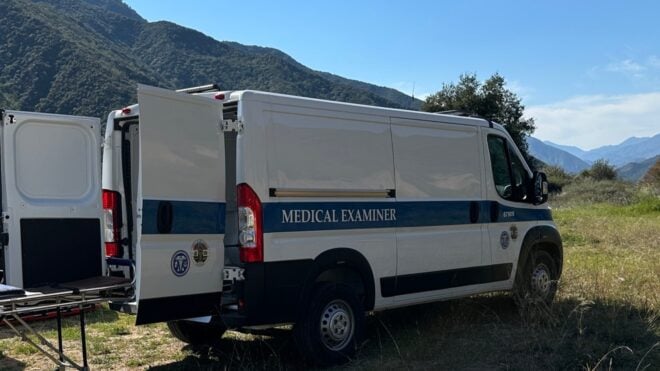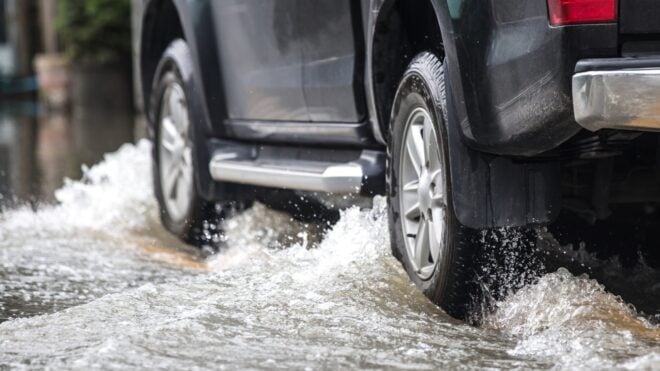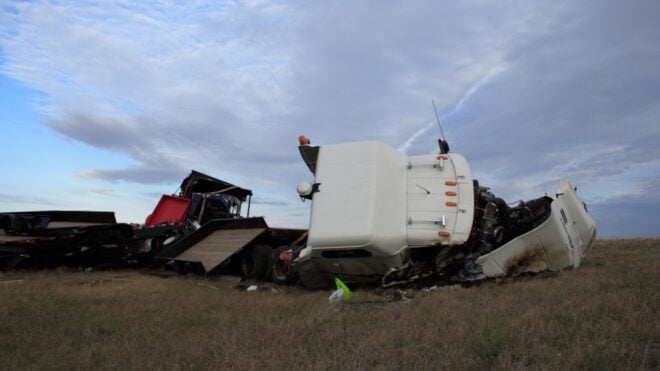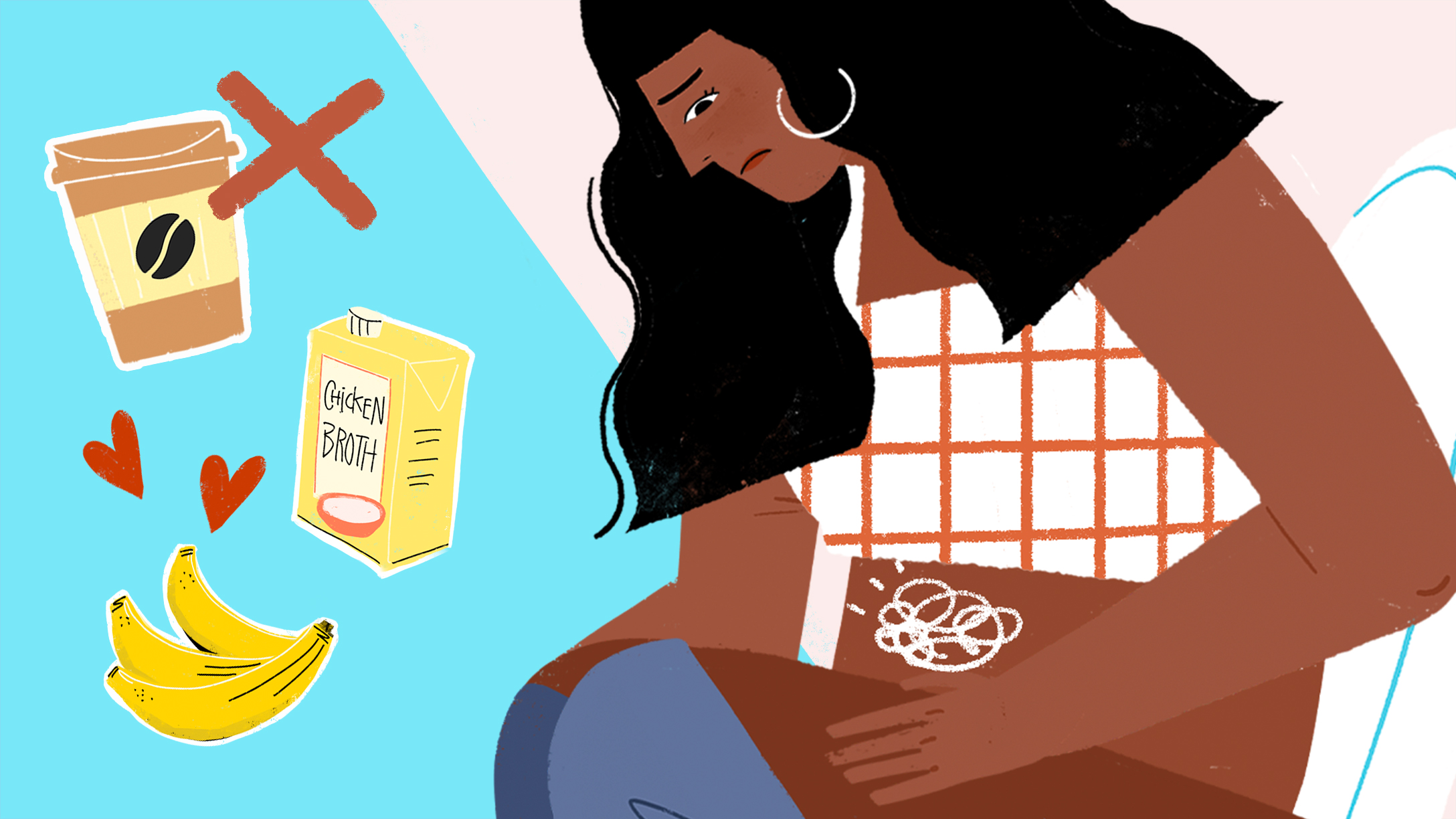
Let's talk about something we've all experienced, but none of us want to discuss: diarrhea.
Sure, it's gross, but everyone deals with diarrhea at some point in life — and you should never hold it in. Some people have it more than others, but most of us have diarrhea at least a few times a year.
Diarrhea can be caused by a variety of different things: maybe you ate some bad food, have a food allergy, have a bacterial infection, or have a sensitive stomach due to stress.
Usually, diarrhea isn't too serious, and goes away in a day or two. But as most of us know, those few hours are never much fun.
Many people think that avoiding food when they have diarrhea is the best option. However, it's actually better to eat when you're feeling ill — you just have to choose the right foods.
If you eat the right things, they can actually help you feel better faster, and your diarrhea might even let up. Keep reading to find out what foods you should and shouldn't eat when you have diarrhea.
What Is Diarrhea?
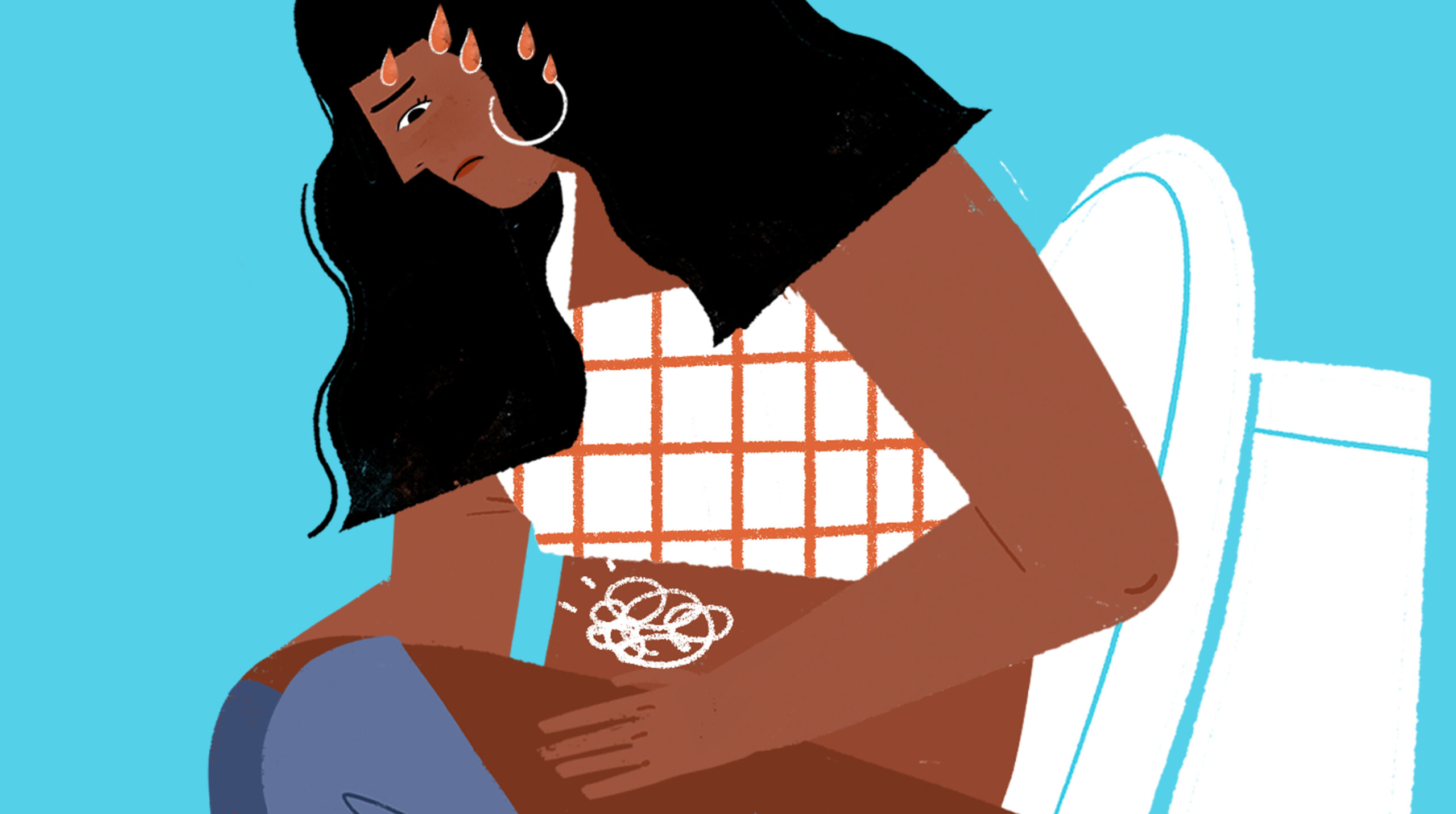
According to the Mayo Clinic, diarrhea is a type of bowel movement that is looser and more watery than normal ones.
Additionally, diarrhea may cause you to have bowel movements more frequently. Usually, diarrhea lasts just a few days. If it lasts longer than that, it may indicate a serious disorder or condition.
When you have diarrhea, you may want to avoid eating certain foods. Here's what you need to know about the foods that can help — and the ones that can hurt — when you have diarrhea.
Foods You Should Eat For Diarrhea #1: Bananas
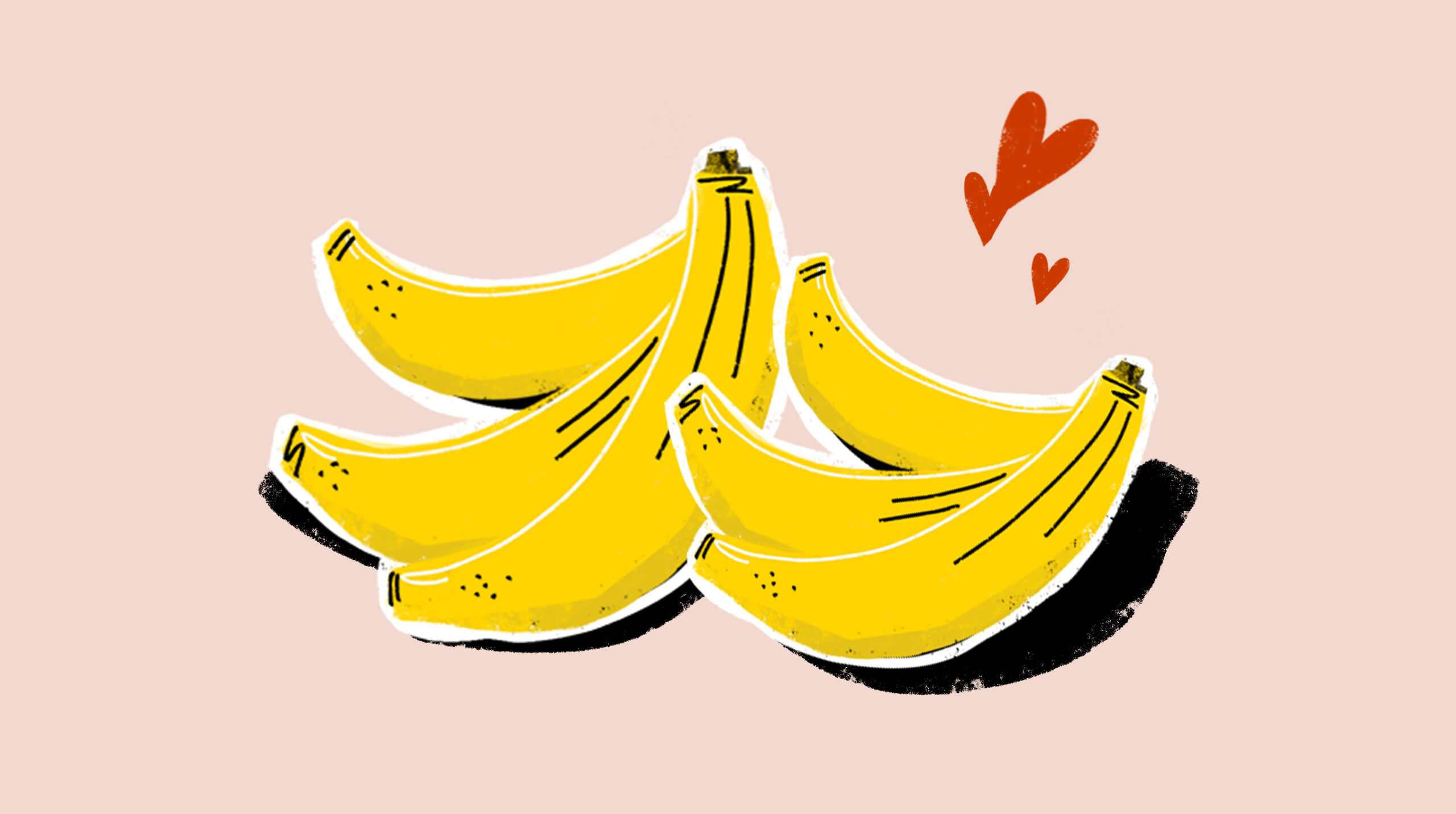
Bananas should be one of your go-to foods when you have diarrhea.
The Cleveland Clinic explains that because bananas are high in potassium, they can help your body replace essential nutrients that it has lost because of the diarrhea.
Another good choice (if you're not a big fan of bananas) is potatoes without the skin.
#2: White Rice
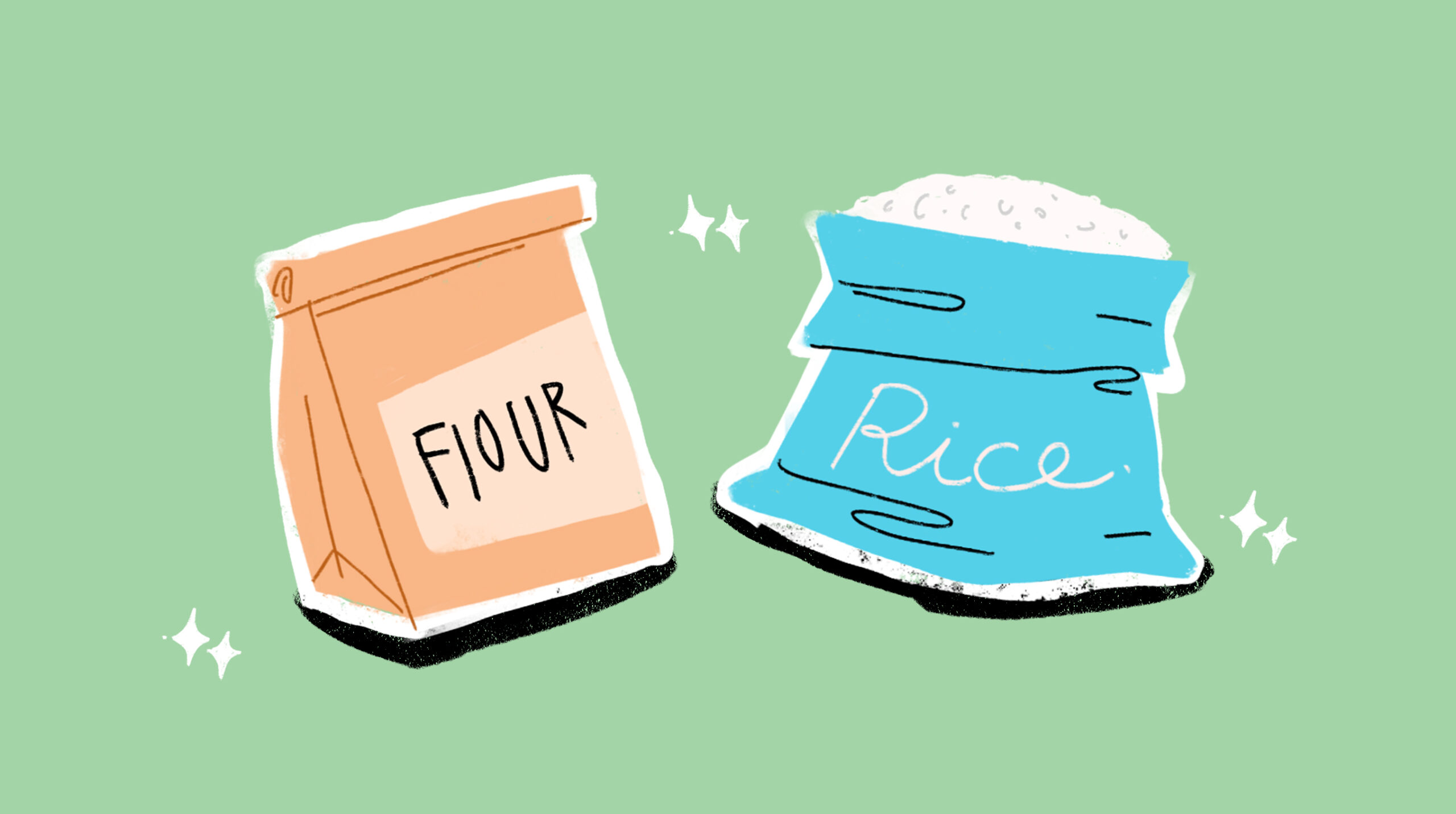
For many of us, feeling sick means we reach for the plainest foods we can, like white rice, pasta, bread, and cereal.
Luckily, these foods are perfect for when you have diarrhea: they don't have too much fiber, but they're still filling.
These foods will help your stools bulk up and become less watery.
#3: Blueberries
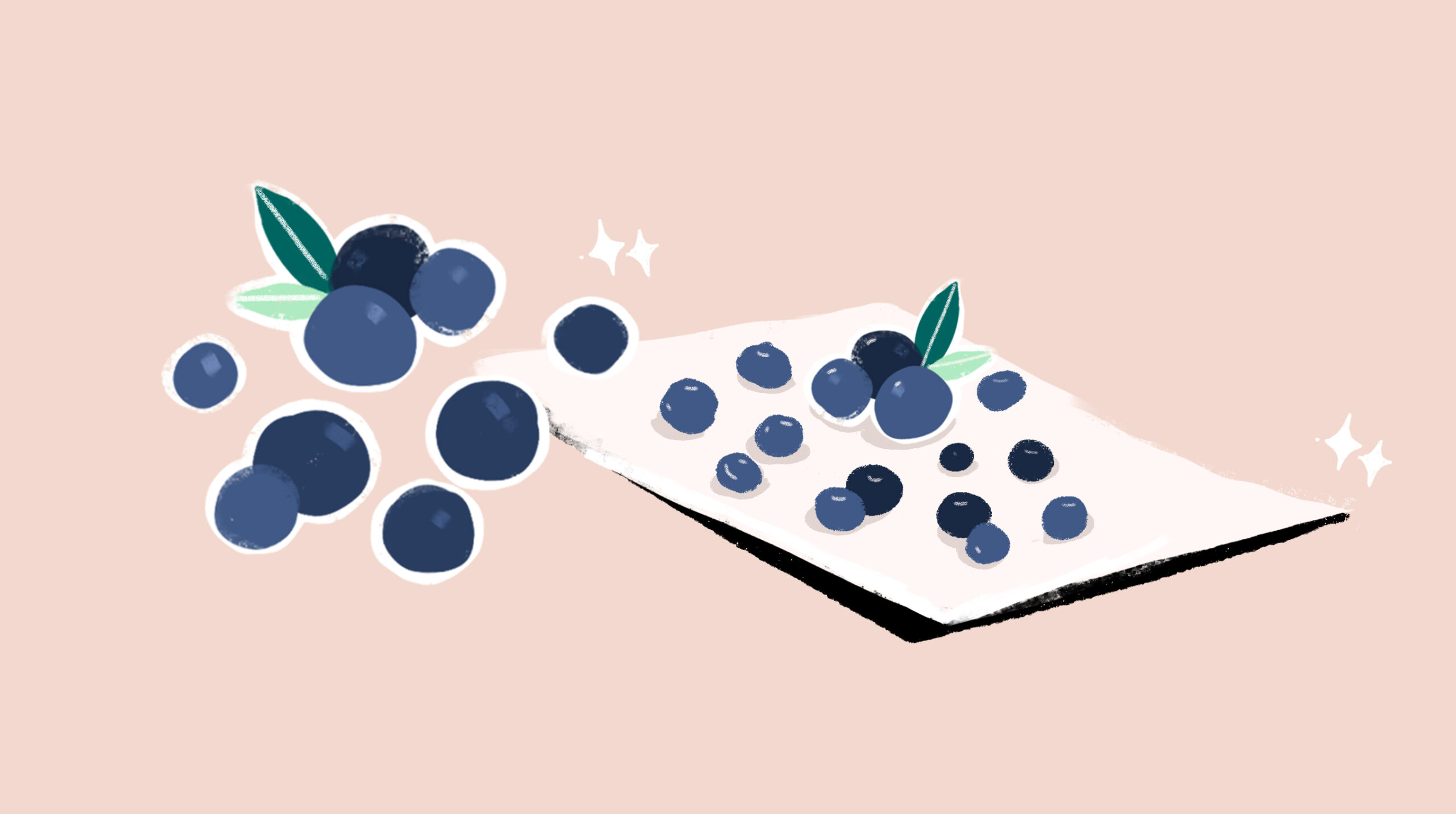
Blueberries are truly a superfood, and unsurprisingly, they're great for diarrhea.
Dr. Barbara Bolen explained to Very Well Health that once your diarrhea has started to subside, blueberries can provide antioxidants and soluble fiber to your body, which is great for getting over diarrhea.
#4: Chicken Broth
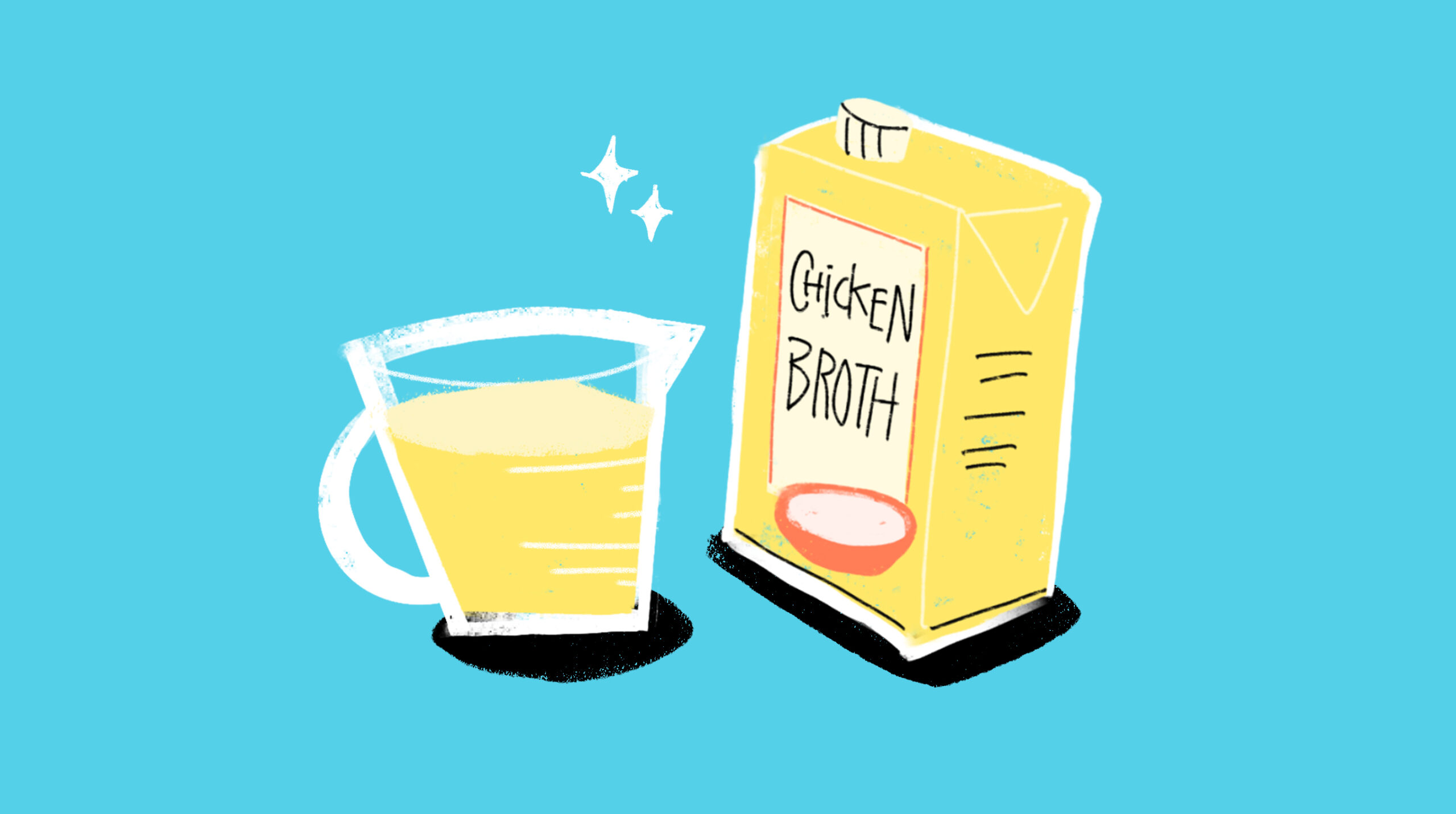
Grandma's old trick of having chicken broth when you're sick actually has a lot of merit to it.
When you have diarrhea, you get dehydrated quickly, so consuming a lot of fluids is essential.
The Mayo Clinic explains that "water is a good way to replace fluids, but it doesn't contain the salts and electrolytes — minerals such as sodium and potassium — you need to maintain the electric currents that keep your heart beating. You can help maintain your electrolyte levels by drinking fruit juices for potassium or eating soups for sodium."
Although high-sodium foods like chicken broth aren't typically great choices, they're a great food to consume when you have diarrhea.
Foods You Shouldn't Eat For Diarrhea #1: Fried Foods
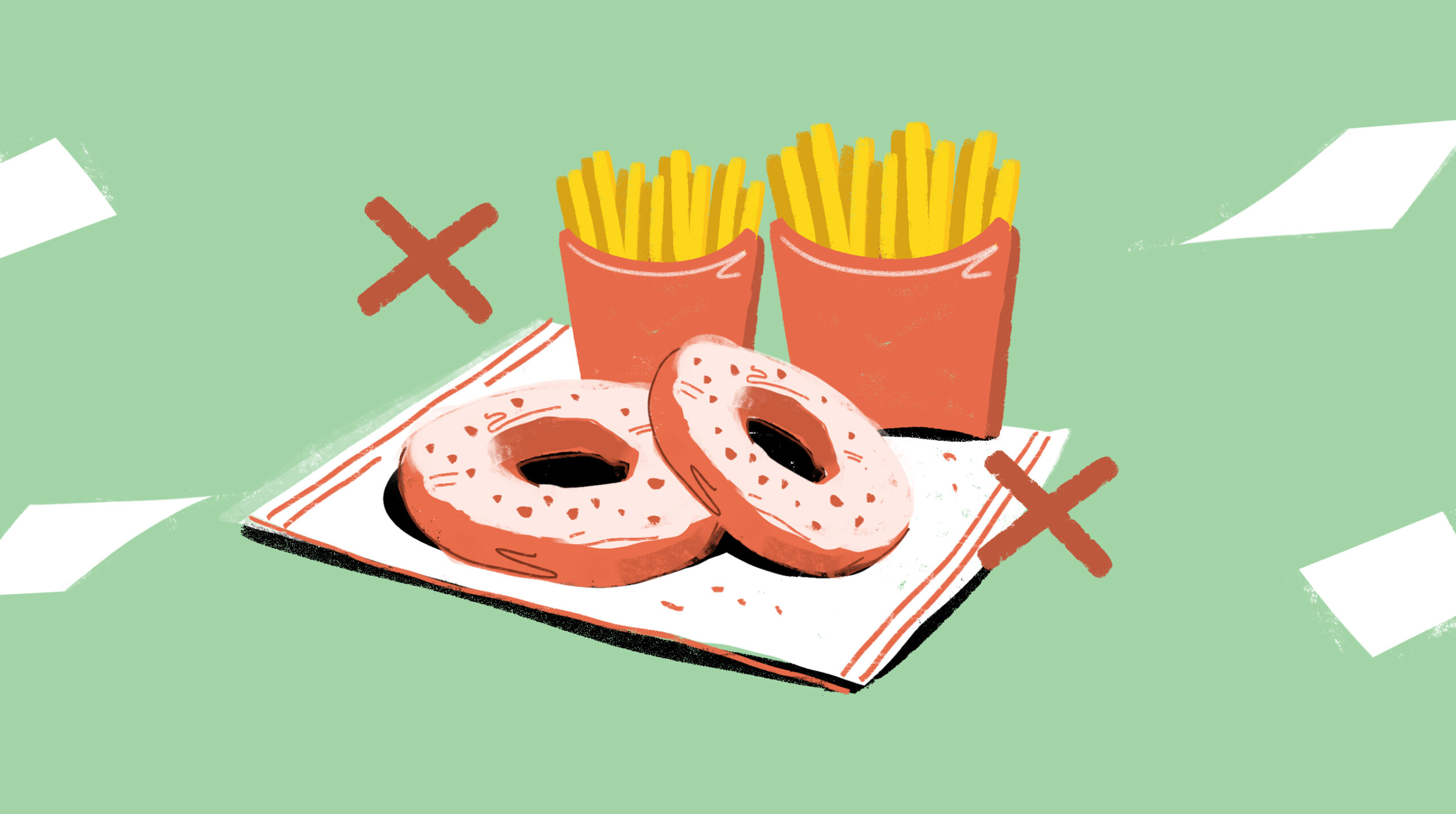
Just as there are foods you should eat to help ease your diarrhea, there are also foods you should avoid at all costs.
When it comes to diarrhea, you should definitely avoid eating any sort of fried food (or anything else particularly greasy). These foods will make you feel worse, and could potentially make your diarrhea more severe.
#2: Diet Foods
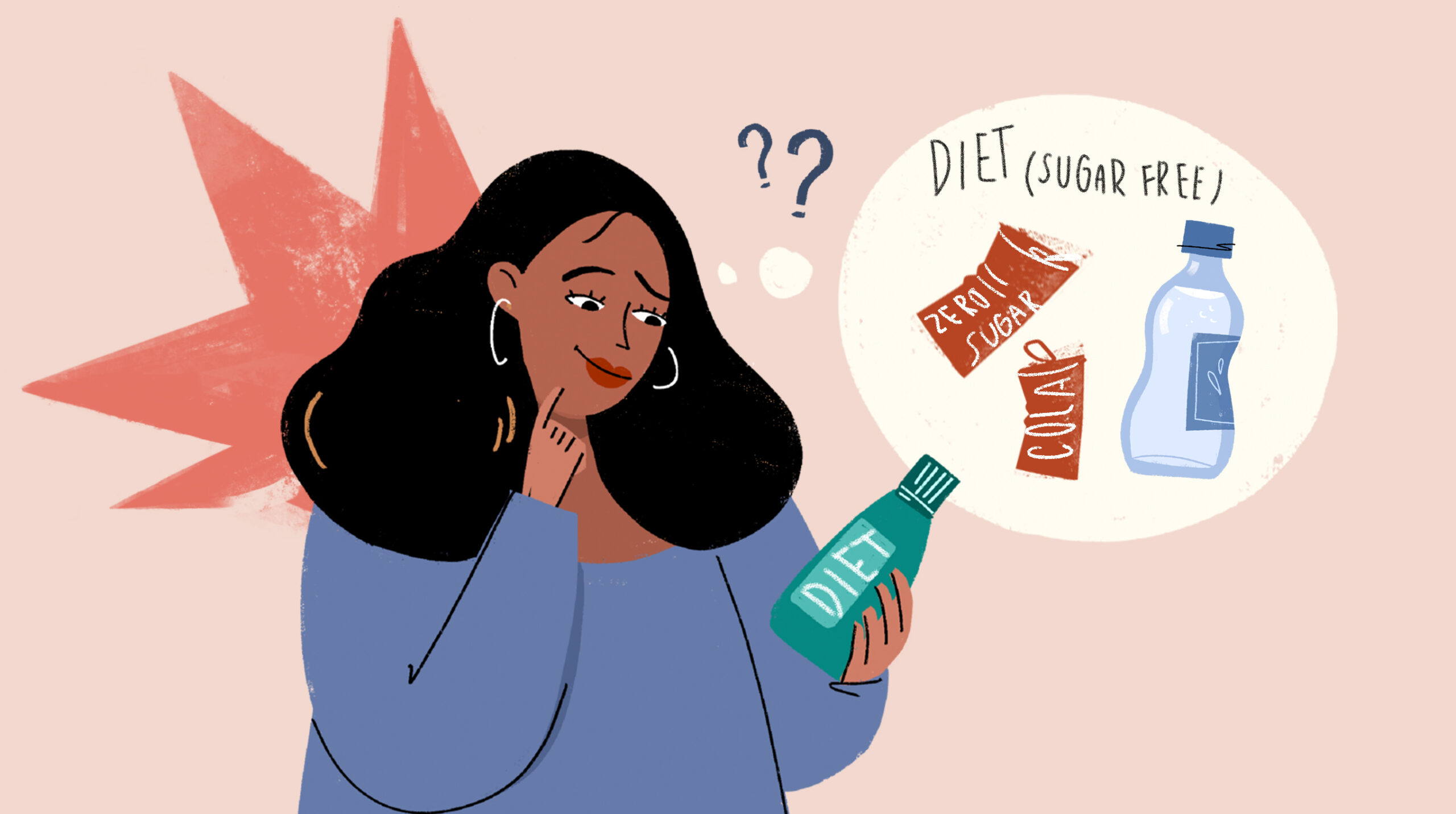
Diet foods often contain sugar alcohols — like xylitol, sorbitol, and isomalt — which can cause gas, bloating, and diarrhea in some people.
The FDA requires any foods containing sorbitol or mannitol have a warning label stating "excess consumption may have a laxative effect."
If you already have diarrhea, the last thing you want to consume is something with laxative effects, so stay away from anything sugar-free or diet.
#3: Fruits And Veggies That Cause Gas
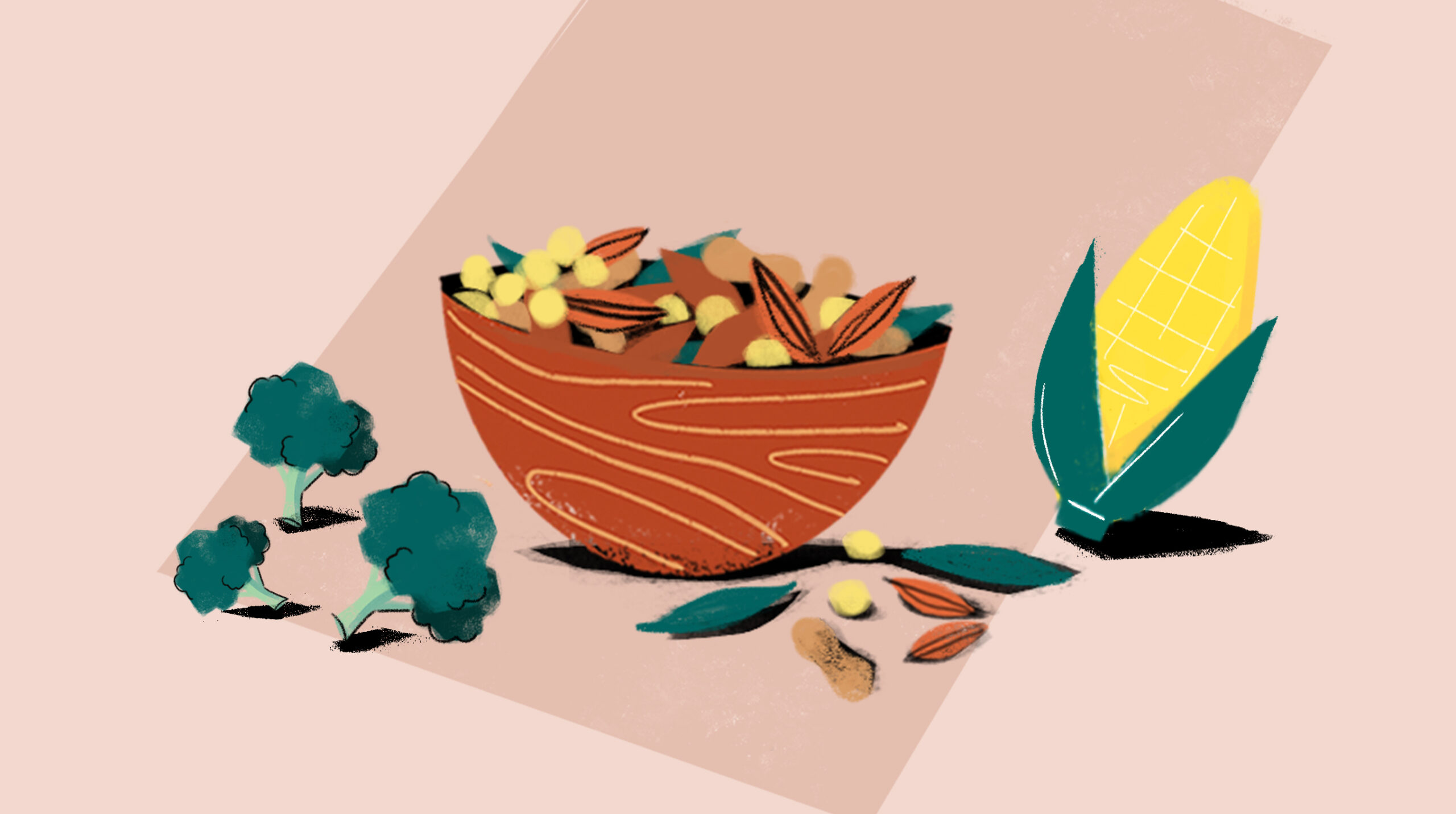
The US National Library of Medicine explains that if you have diarrhea, you should avoid fruits and vegetables that make you gassy, like broccoli, beans, peas, prunes, corn, and more.
You should also avoid citrus fruits if your tummy is feeling off. Since they're high in fiber, they can give some people an upset stomach.
#4: Alcohol And Caffeine
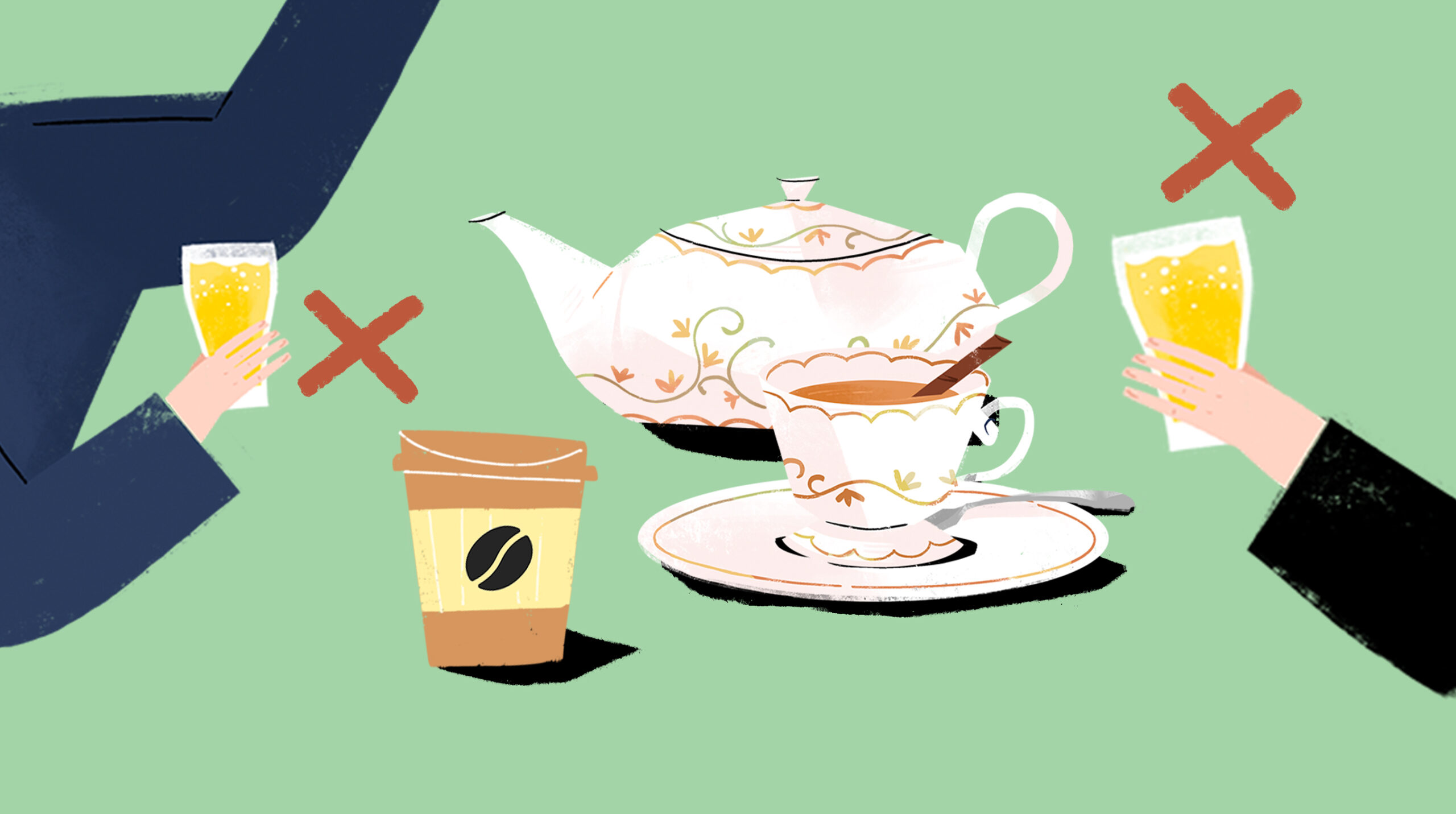
Coffee is known to make you poop, so if you're already having digestion problems, stay away from your usual cup of joe.
According to the International Foundation for Functional Gastrointestinal Disorders, people with diarrhea should avoid too much caffeine — whether it comes from coffee or elsewhere — and excessive alcohol.
Alcohol can cause loose stools the day after drinking it, so if you're trying to remedy diarrhea, don't drink any alcohol.
When To Be Worried
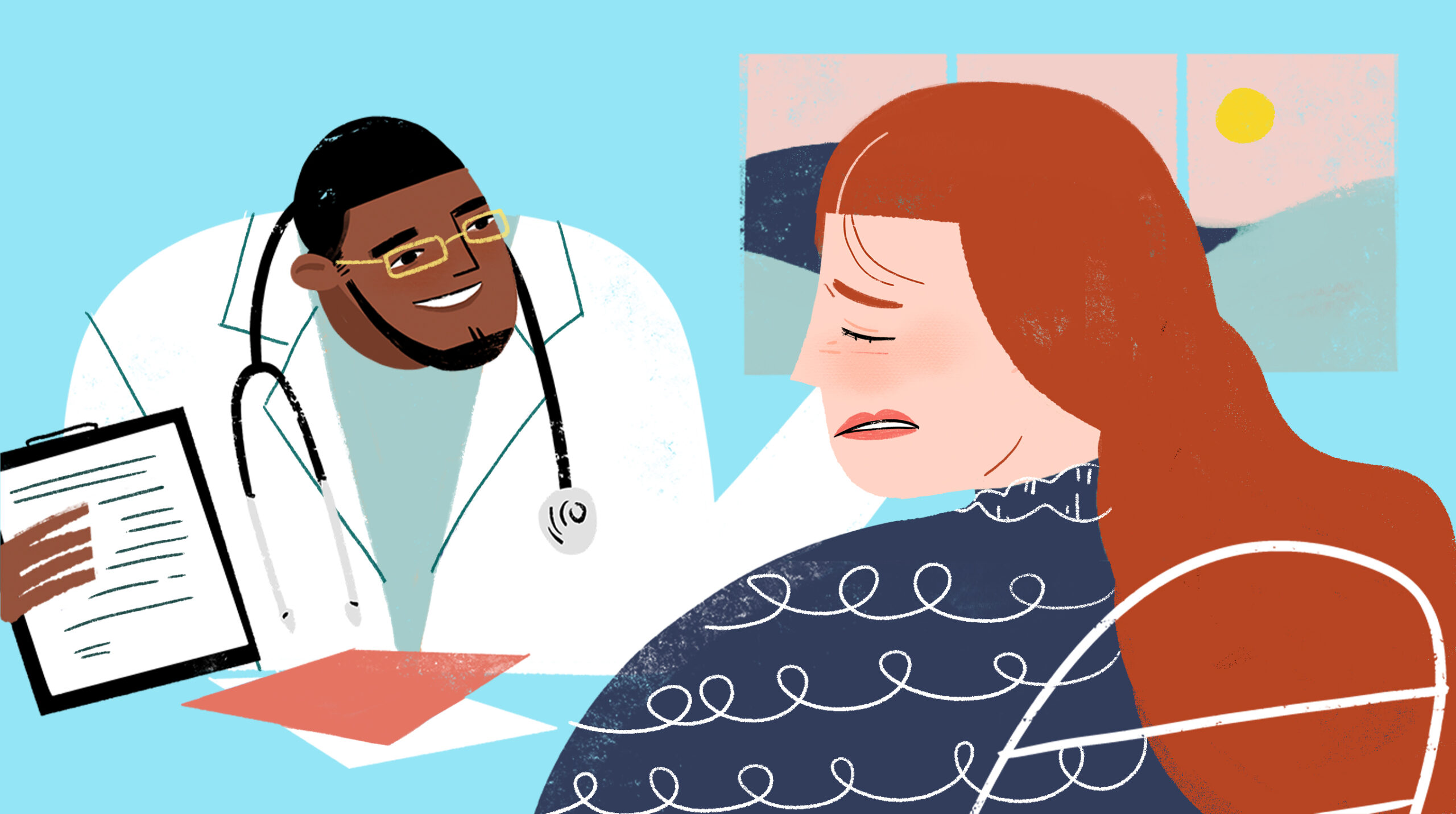
The US National Library of Medicine explains that although most cases of diarrhea are nothing to worry about, there are a few red flags that mean you should call a doctor.
Make a doctor's appointment if:
- Your diarrhea doesn't get better in five days (or two days for children).
- You have stomach pain.
- You have a fever that won't go away.
- You are also experiencing nausea or vomiting.
- Your stools are an unusual color or have an unusual odor.
- You find blood or mucus in your poop.
If you think everyone should know what to eat when they have diarrhea, please SHARE this article with your friends!

